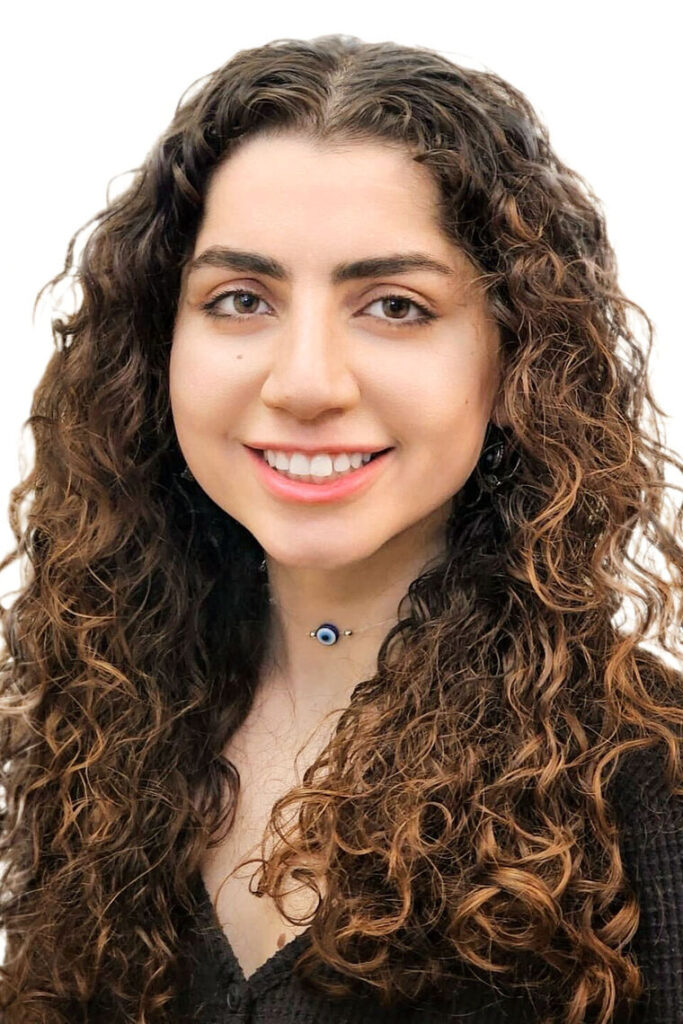
Riyam Al Msari
Paul & Daisy Soros Fellowship awarded in 2024 to pursue a PhD in Biological Engineering at Massachusetts Institute of Technology (MIT).
Riyam Al Msari is an immigrant from Iraq.
Related Articles
-
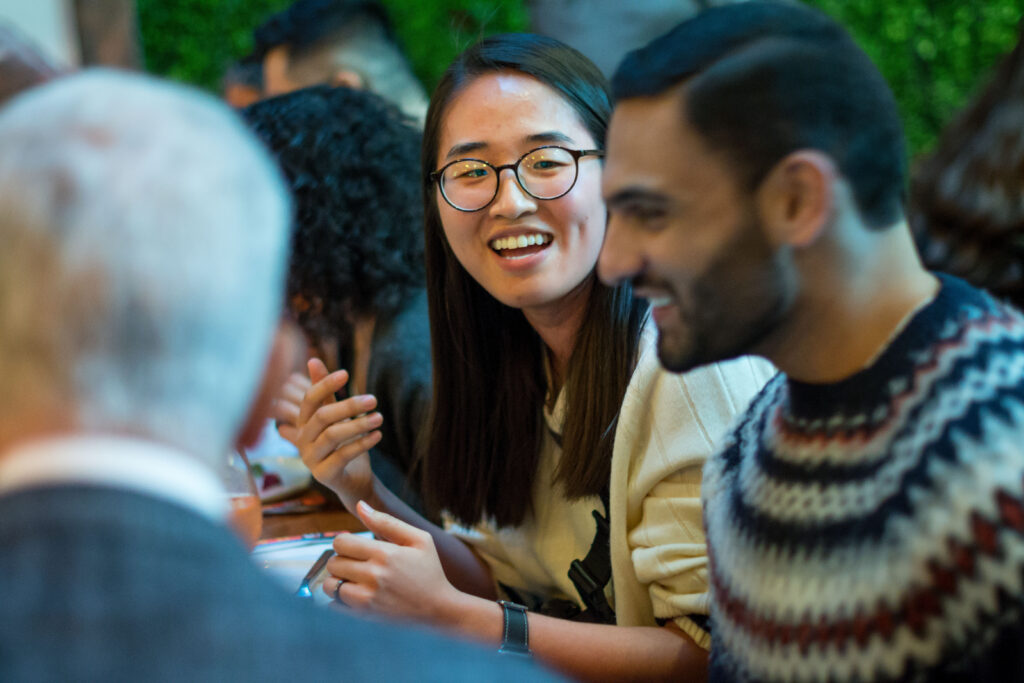 Read more: Kathy Ku Steps into Leadership as PDSFA Chair
Read more: Kathy Ku Steps into Leadership as PDSFA Chair- Board of Directors
Kathy Ku Steps into Leadership as PDSFA Chair
-
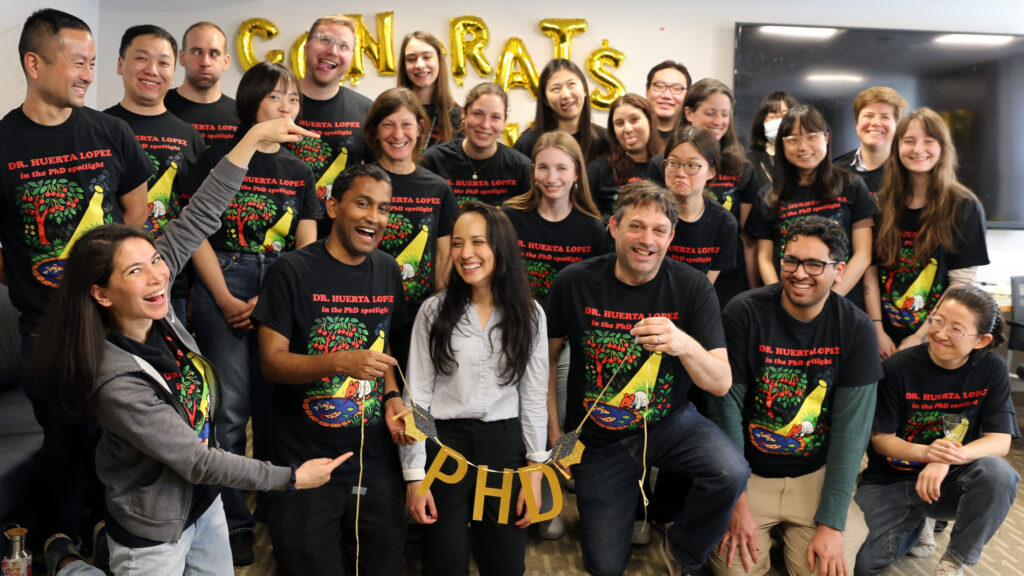 Read more: Q&A with MD/PhD Student Silvia Huerta Lopez
Read more: Q&A with MD/PhD Student Silvia Huerta LopezQ&A with MD/PhD Student Silvia Huerta Lopez
Meet More Fellows
-
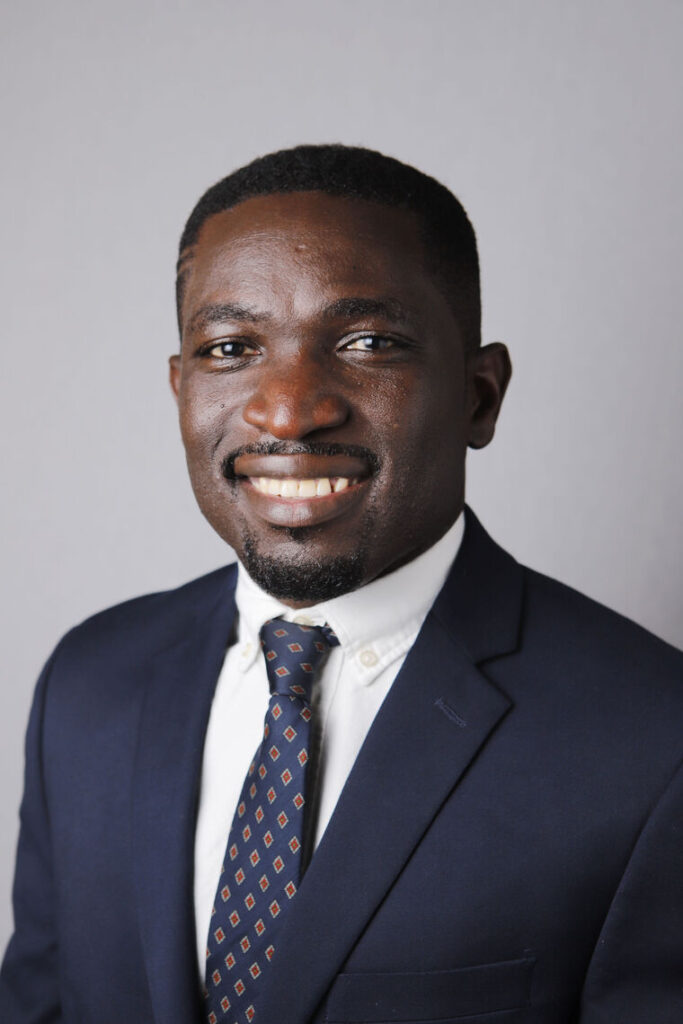
Chidiebere Akusobi
Internal Medicine Resident, Massachusetts General Hospital
Chidiebere Akusobi is an immigrant from Nigeria. Fellowship awarded in 2016 to support work towards an MD in Infectious Disease and a PhD in Infectious Disease at Harvard University
-
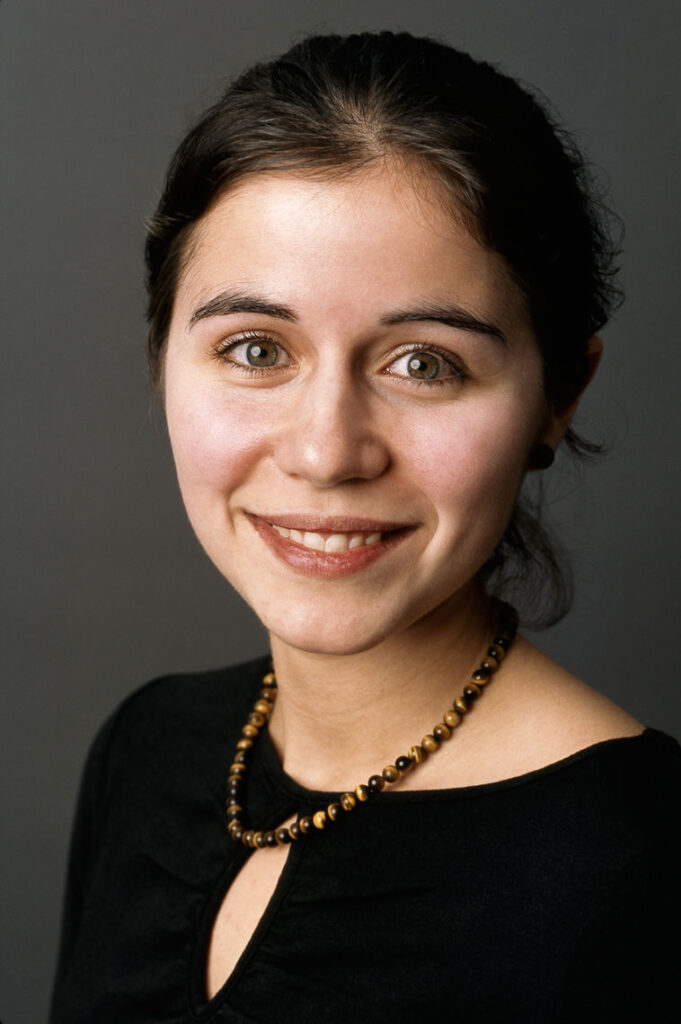
Markella Zanni
Professor of Medicine, Harvard Medical School
Markella Zanni is the child of immigrants from Greece. Fellowship awarded in 2002 to support work towards an MD in Medicine at Harvard University
-
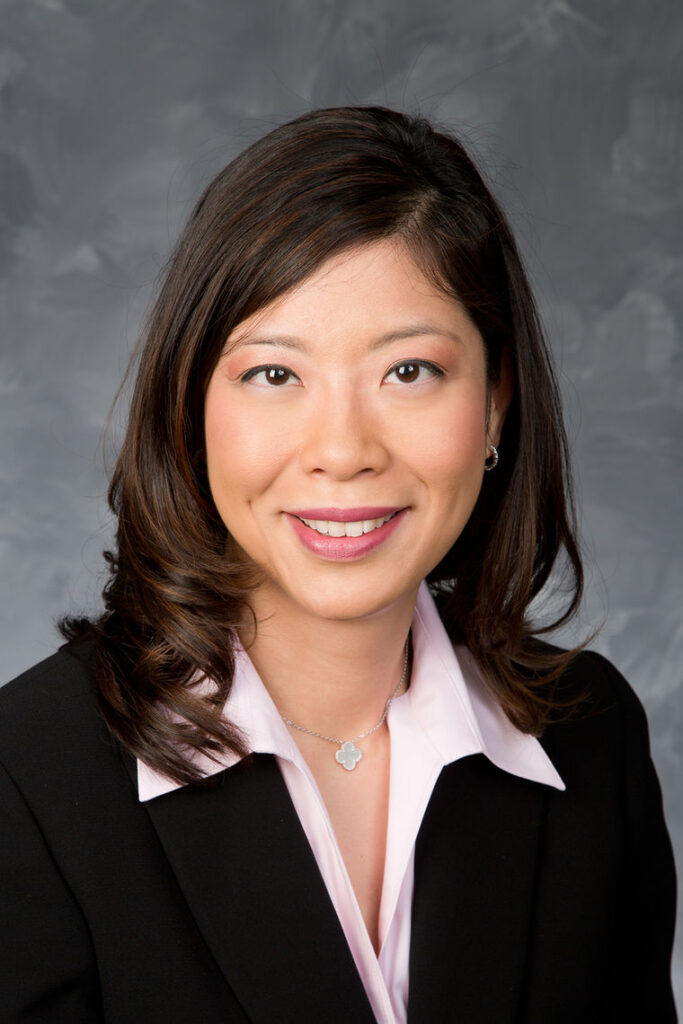
Anita Yang Hsu
Senior Vice President and General Counsel, MBK Real Estate Companies
Anita Yang Hsu is an immigrant from Taiwan. Fellowship awarded in 1998 to support work towards a JD in Law at University of California, Berkeley
-
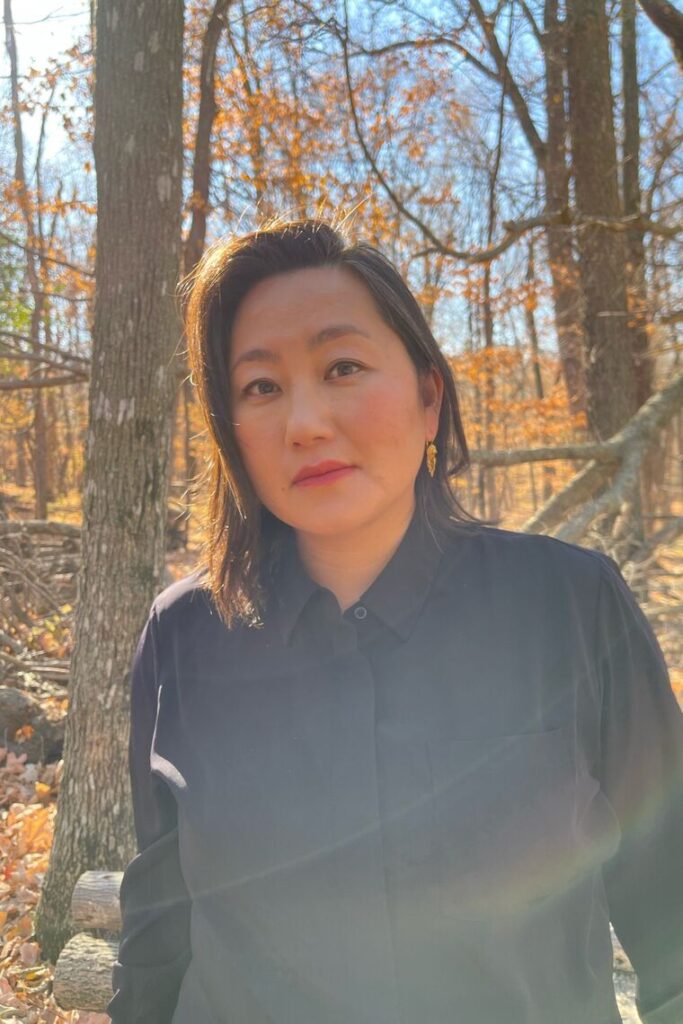
Kao Kalia Yang
Activist & Professor, Author
Kao Kalia Yang is an immigrant from Thailand. Fellowship awarded in 2003 to support work towards an MFA in Creative Writing at Columbia University